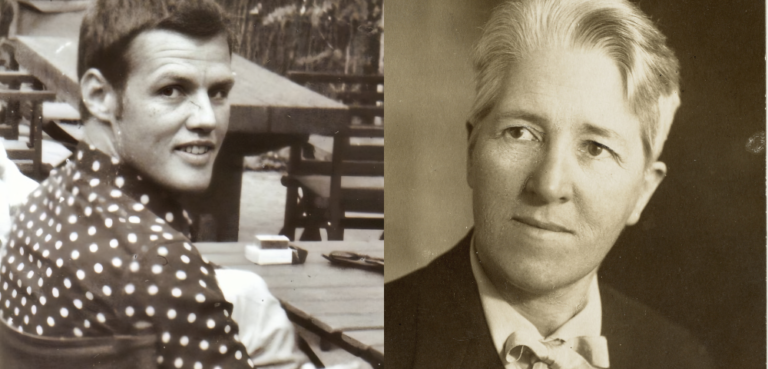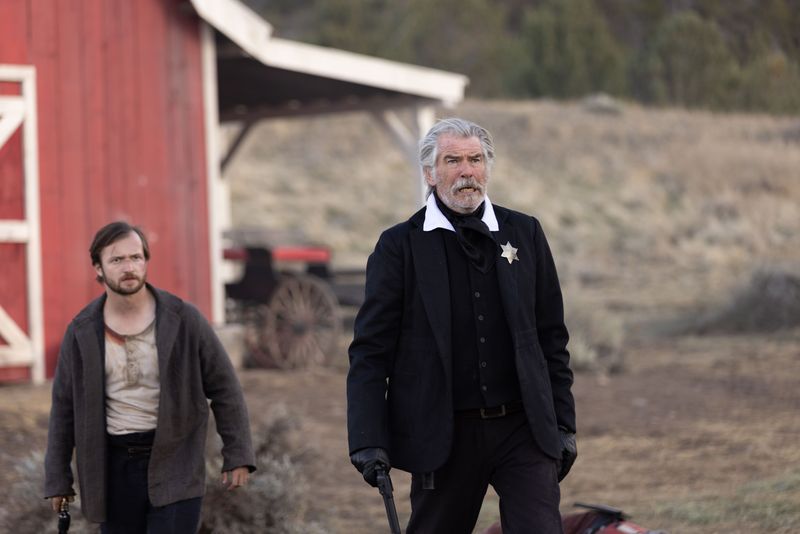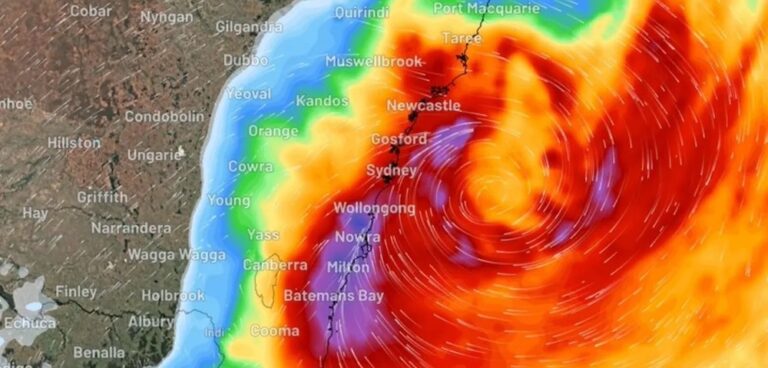
‘Hurry Up Tomorrow’: A Befuddling Display Of Public Self-Flagellation
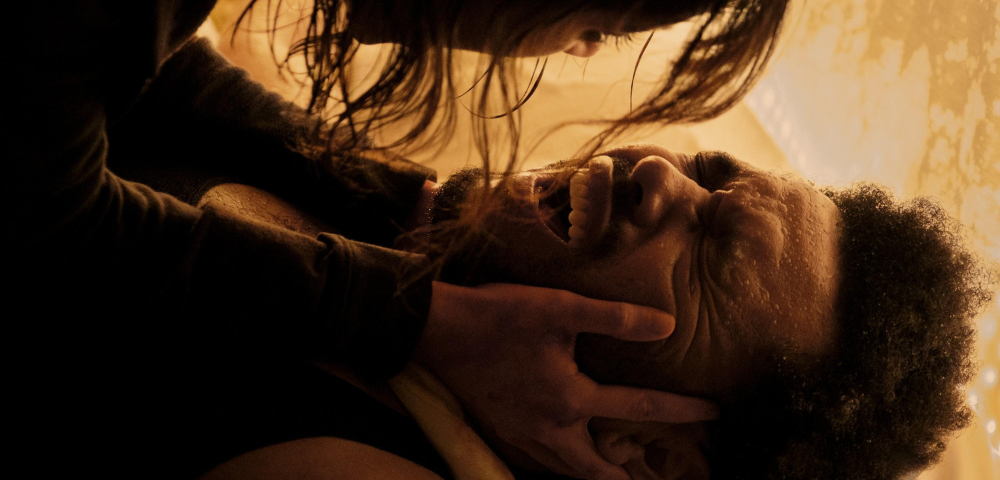
It’s not everyday that we get a $15 million album tie-in movie from one of the biggest musicians in the world released in cinemas, but that’s exactly what The Weeknd (real name Abel Tesfaye) has done with the rather befuddling Hurry Up Tomorrow.
Sharing the name of his already-feature length album of the same name, the film was written and produced by Tesfaye, who also stars as… himself. It’s certainly a deeply personal passion project, even if it’s directed by Trey Edward Shults.
I’ll admit I’m a fan of The Weeknd’s music with some caveats. He’s only refined his craft the further into his career he’s gotten, and though Hurry Up Tomorrow isn’t his best album, it’s certainly Tesfaye’s most consistent album under the moniker before he allegedly retires it.
That makes it even more confusing that its film counterpart is utterly scatterbrained, barely able to latch onto a single idea before it jumps to another. Despite the best efforts of his talented co-stars Jenna Ortega and Barry Keoghan and visually appealing cinematography, Hurry Up Tomorrow is a fascinating misfire for a product that’s supposedly meant to signal the end of Tesfaye’s era as The Weeknd.
Hurry Up Tomorrow is far too personal a project
Abel Tesfaye, otherwise known as The Weeknd, stars as The Weeknd, otherwise known as Abel Tesfaye, in this film that’s based largely on his own life. Hurry Up Tomorrow opens as Abel’s girlfriend breaks up with him over the phone, calling him a terrible person for what he did. This sends him into a spiral, eventually leading to an incident where he loses his voice on stage.
Despite being hounded by his manager Lee (Barry Keoghan), Abel spots a mysterious woman in the crowd called Anima (Jenna Ortega) and quickly becomes infatuated with her. Unfortunately, Abel’s gotten more than he bargained for by becoming involved with Anima.

Hurry Up Tomorrow feels a bit like watching self-flagellation. By starring as a fictionalised version of himself and putting events into the script that directly mirror his own experiences, it seems as though Tesfaye has some desire to publicly process the pivotal experiences that have led him to this point. He’s willing to depict himself as awful towards the people in his life, and as a person made miserable by those decisions..
It’s because of this fact that Tesfaye’s acting is marginally better than it was in the disastrous HBO miniseries The Idol (though it’s still pretty average), but his lack of distance from the material makes the entire affair ring a bit inauthentic. Part of that is owed to the fact Hurry Up Tomorrow has no tangible plot, largely operating on a scene-by-scene basis as it prioritises vibes over any sense of narrative.
A film with very little in the way of plot, characters, themes, etc…
This lack of direction is further reflected in Chayse Irvin’s cinematography, which looks great but is always changing styles for no apparent reason. Hurry Up Tomorrow is obviously trying to be a ‘cool’ and ‘mysterious’ movie, but largely fails in these endeavours because it barely even feels like a movie. It honestly barely feels like an album tie-in either given the small role music actually plays throughout.
There’s not much to latch onto in the way of characters, either. Abel barely feels like a character in the context of the film, with any ‘arc’ in Hurry Up Tomorrow coming from your own personal knowledge and investment in the weekend. There’s also just not that much to say about Keoghan as Abel’s nagging manager.
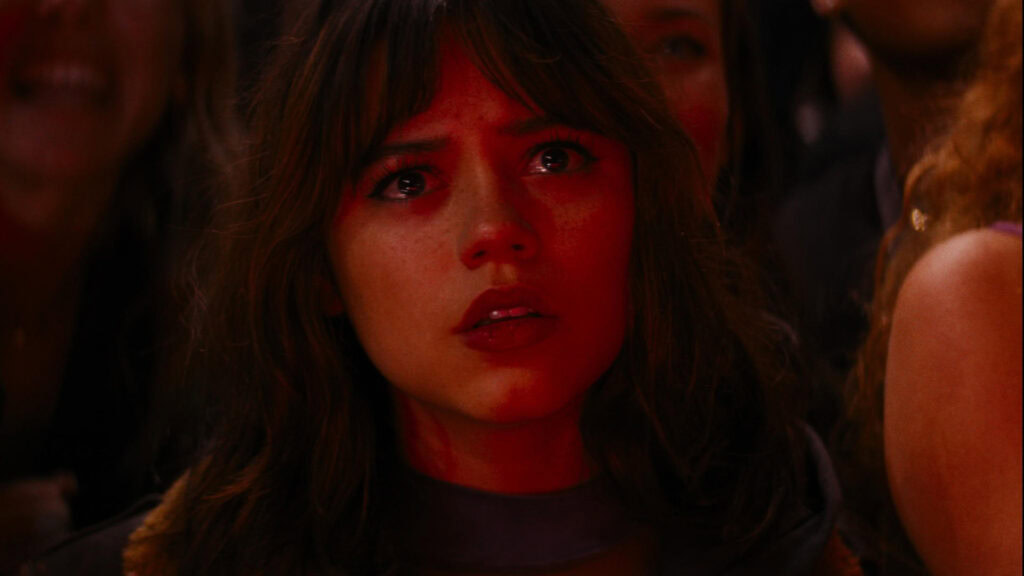
Jenna Ortega as Anima is also a bit of a disaster, but for very different reasons from the other two characters. The Weeknd has certainly never been a feminist icon between his lyrics and The Idol, and Amina is another woman in The Weeknd’s universe portrayed in a questionable manner. A fan of Abel and his music, her character is most obviously a commentary on parasocial relationships and the meaning fans project onto their favourite artists.
Nonetheless, her lack of substantial development flattens her into a problematic archetype of a female fan: quite literally crazy about the object of her obsession. You can’t knock Ortega for her commitment, but it’s so clear that she deserves to be in much better films than this and the recent Death of a Unicorn.
A dumbfounding to end to The Weeknd as a project
Anima feels representative of Hurry Up Tomorrow as a whole. Despite the clear effort on display in some of its elements, it ultimately feels deeply underbaked and much more like a concept than a full idea. It may feel filmic but barely operates like a film, and works more like an extremely expensive public-facing therapy session that I can only imagine the most diehard fans of The Weeknd getting anything out of. At least the associated album is good!
★½
Hurry Up Tomorrow is in cinemas now.



